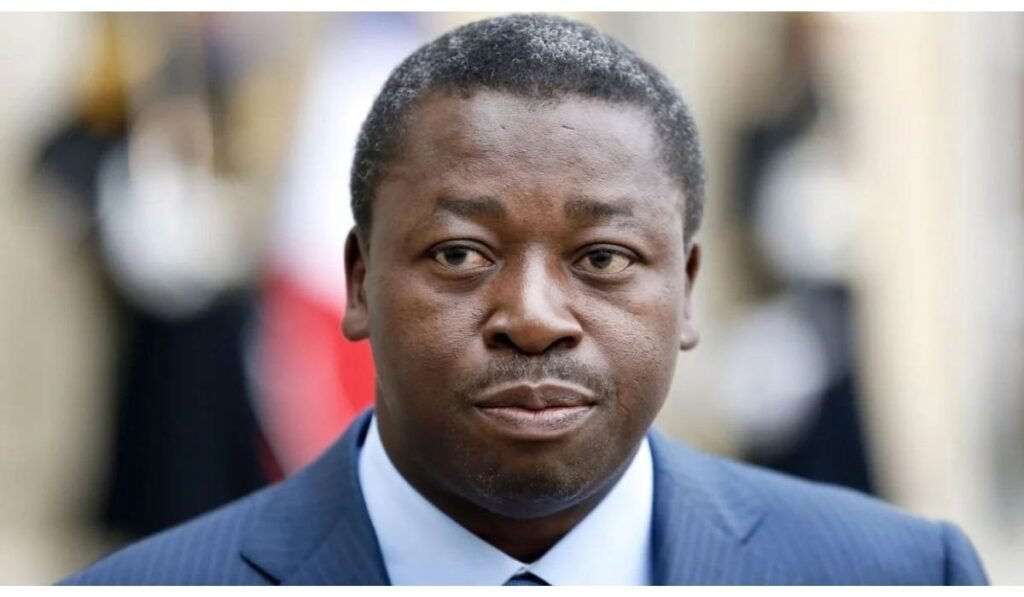LOME (Reuters) – President Faure Gnassingbe of Togo will assume the presidency of the council of ministers, extending his long-standing rule. This strategic move aligns with the provisions of the newly introduced constitution.
Togo’s new constitution, implemented in March, established a parliamentary system and introduced the position of president of the council of ministers. This role grants significant authority over government affairs.
Civil service minister Gilbert Bawara announced on TV that Gnassingbe is the UNIR party’s candidate for council president.
Earlier this month, Gnassingbe’s UNIR party won a majority of seats in a disputed legislative election.
“The appointment of the president of the council is practically an automatic process because the Constitution states that it’s the president of the majority political party or coalition in the national assembly who is appointed,” Bawara said.
Togo has seen years of resistance to the Gnassingbe family’s rule. The president was first elected in 2005 to succeed his father, Gnassingbe Eyadema, who took office in a coup in 1967.
In 2019, a constitutional reform paved the way for Gnassingbe to potentially rule until 2030.
He won a disputed election in 2020 and the country was expected to hold presidential election next year which if he had won, would have been his final term in office.
The Gnassingbe power switch has sparked debates among Togolese citizens and political observers alike. Many question the timing and motives behind this move, raising concerns about democratic principles. Nonetheless, Gnassingbe’s maneuver highlights the challenges of governance in transitional democracies.
read more
image source








